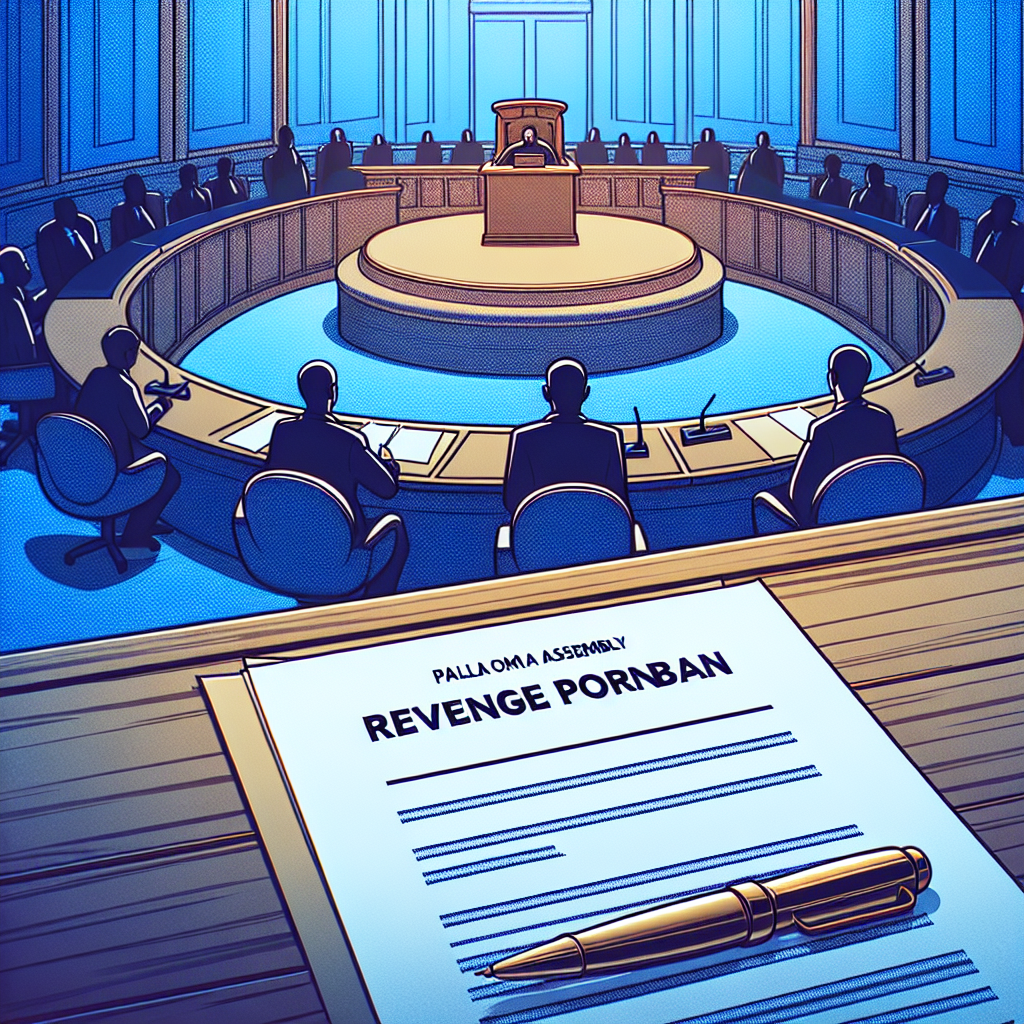US Congress Approves ‘Revenge Porn’ Ban, Awaits Trump’s Decision
US Congress Approves ‘Revenge Porn’ Ban
Overview
The United States Congress has taken a significant step towards criminalizing the non-consensual distribution of intimate images, commonly known as ‘revenge porn.’ This legislative move aims to protect individuals from the malicious sharing of private content without their consent.
Key Provisions of the Ban
- Criminalization: The bill makes it illegal to share intimate images without the subject’s consent, with the intent to harm.
- Penalties: Offenders could face substantial fines and imprisonment, reflecting the seriousness of the crime.
- Victim Protection: The legislation includes measures to safeguard victims’ identities and provide them with legal recourse.
Awaiting Presidential Approval
With Congress’s approval, the bill now awaits the decision of then-President Donald Trump. His signature is required for the bill to become law, marking a crucial step in its implementation.
Implications and Reactions
- Support from Advocacy Groups: Many advocacy groups have praised the bill, highlighting its potential to deter harmful behavior and support victims.
- Concerns Over Free Speech: Some critics argue that the legislation could infringe on free speech rights, necessitating careful implementation.
Conclusion
The approval of the ‘revenge porn’ ban by Congress represents a pivotal moment in addressing online privacy violations. As the bill awaits President Trump’s decision, it underscores the ongoing debate between protecting individual privacy and upholding free speech. If enacted, this legislation could set a precedent for future laws aimed at curbing digital abuse.













